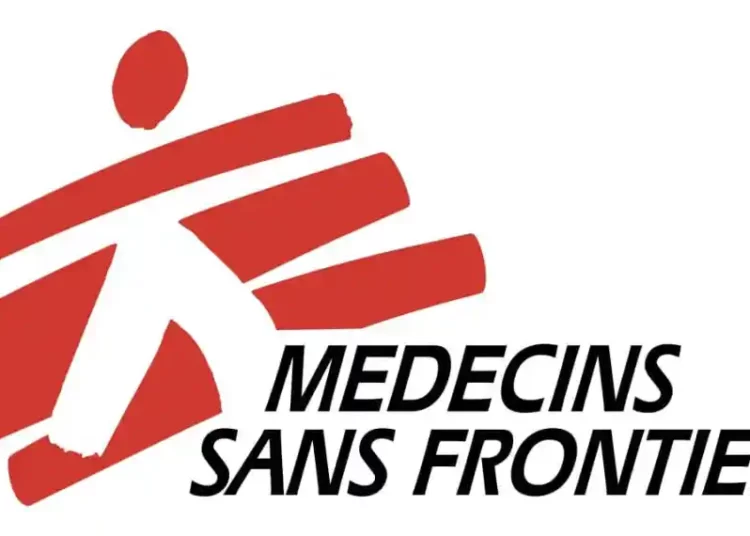Northwest Nigeria is facing an escalating humanitarian crisis as malnutrition levels among children soar to catastrophic levels, warns Médecins Sans Frontières (MSF) also known as Doctors Without Borders.
A survey conducted in three local government areas of Katsina State’s Katsina, Jibia and Mashi local government areas revealed that global acute malnutrition (GAM) now affects over 30% of children in some areas, with severe acute malnutrition (SAM) rates reaching as high as 14.4%, MSF said.
“This year’s findings are terrifying,” said Dr. Raphael Kananga, MSF’s medical coordinator. “We’re moving from critical to extremely critical levels of malnutrition, with children dying in record numbers.”
Since January, MSF facilities in Katsina have admitted over 100,000 malnourished children, a 20% increase from 2023. Tragically, more than 800 children have died in MSF centers in the state this year due to severe conditions.
The situation reflects a broader regional crisis. Across Zamfara and Kebbi states.
Earlier screenings in Zamfara showed 27% of children suffering from GAM, a trend mirrored across the region.
MSF has treated 294,000 malnourished children this year—43% more than in the same period last year.
Despite these efforts, a lack of funding, global shortages of therapeutic food, and limited resources have hampered response capacity.
MSF projects the crisis could escalate further in 2025 without immediate intervention, alling for urgent global action to address the crisis.
“Without meaningful intervention, we fear a deadlier catastrophe next year,” said Dr. Simba Tirima, MSF’s Country Representative in Nigeria.
Operating in seven states, MSF runs 10 inpatient facilities and over 30 outpatient feeding centers. Yet, even these efforts are insufficient to match the growing need. Immediate support is essential to prevent further loss of life and safeguard the future of northwest Nigeria’s children.





